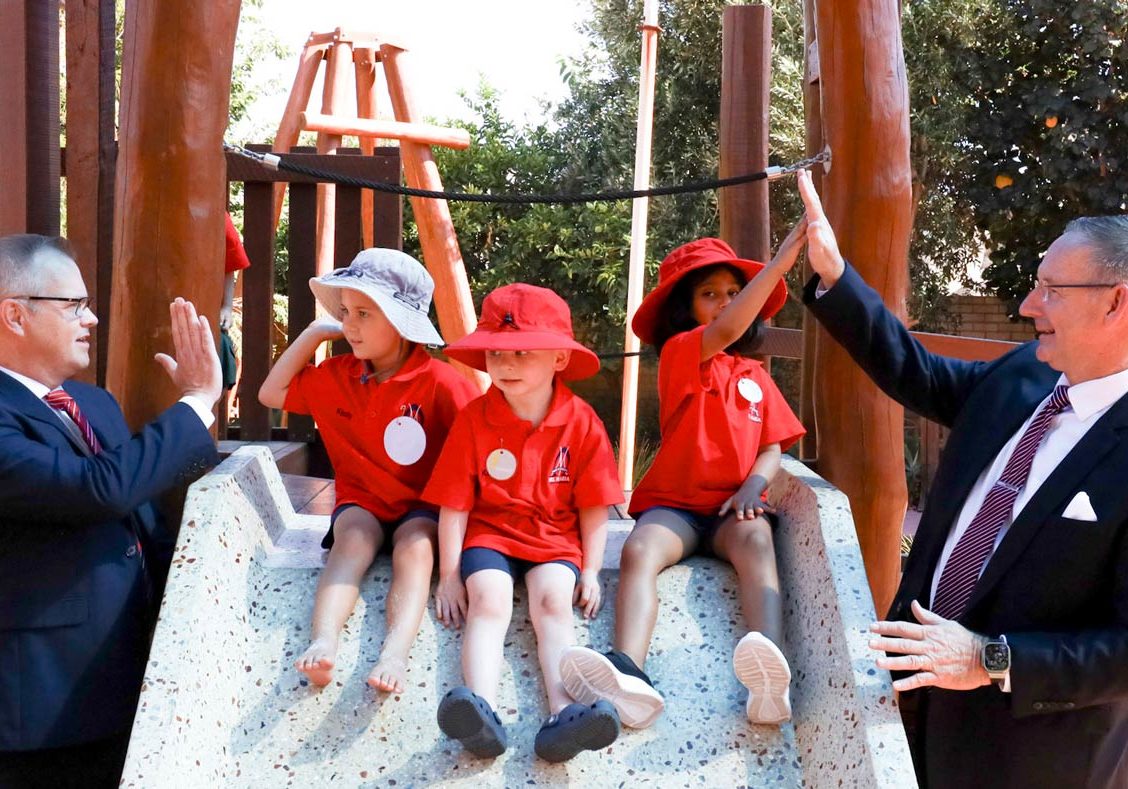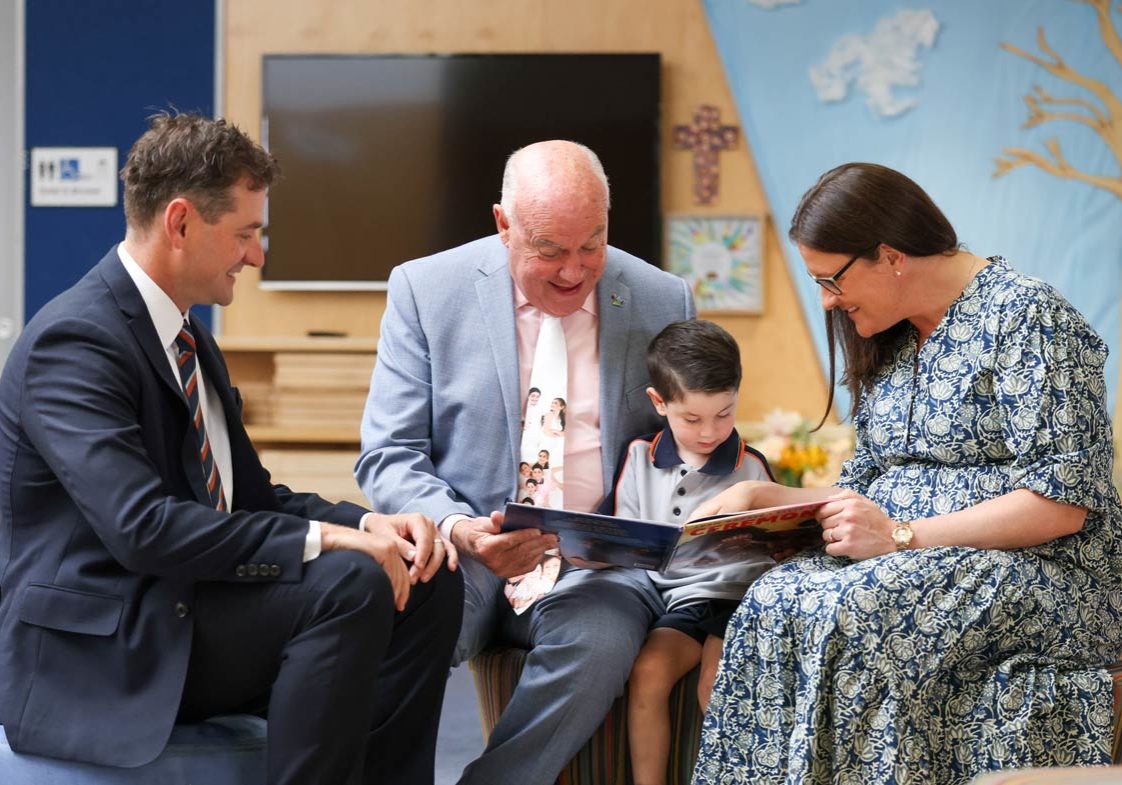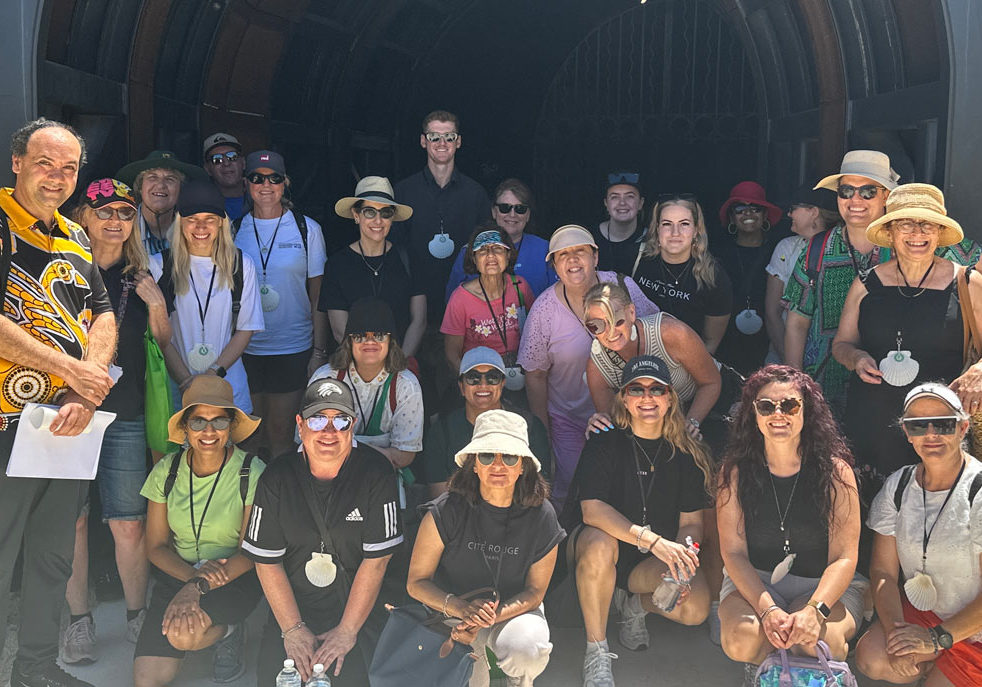CEWA Catechist Team member representing Archdiocese of Perth in Plenary Council
29 June 2021
The Fifth Plenary Council of Australia was formally convoked on Pentecost Sunday, and after the first two stages of ‘Listening and Dialogue’ and ‘Listening and Discernment’, as well as delays due to COVID-19, the first Assembly is set to take place in October.
CEWA school and office communities have been involved in the process since it began in 2018, and a number of staff members have the responsibility and privilege of serving as Plenary Council members, including CEWA Catechist Service Consultant, Catherine Nguyen.
Ms Nguyen and the Catechist Team work to ensure that Catholic students at non-Catholic schools in Western Australia have access to Religious Education and faith-formation opportunities and resources.
She has recorded a video with Archdiocese of Perth’s Record speaking about the opportunities the Plenary Council presented for the Church in Australia, and shared her thoughts about being involved for CEWA Stories.
Why do you think it’s important to have taken up the opportunity to be involved in the Plenary Council?
This is an amazing moment for the Church’s history in Australia, to see how the Holy Spirit is working in our country.
As a young(ish) first-generation Australian of Asian descent, I offer the Plenary Council a voice from demographics who are so often not heard, including women, youth, refugees and ethnic minorities, on not only the changing landscape of the Church in Australia, but also our hopes for its future.
We need to continue being a pilgrim church, a Church that does not stand still but is being constantly called to move forward, often re-adjusting to changing circumstances, sometimes falling over or getting lost – a Church that always needs Jesus and our fellow Christians as companions on the journey.
What are the opportunities are for the Church through the Plenary Council process?
The Plenary Council is the greatest opportunity we have to respond to the ‘signs of the times’.
The Church in Australia has been offered an opportunity to become truly ‘synodal’ at every level, with everyone listening to each other, learning from each other and taking responsibility for proclaiming the Gospel.
Pope Francis humbly and realistically recognises that he does not have all the answers, but looks to local communities to search out, reflect and act on the issues which are impinging on their people.
I believe this is the task of the Plenary Council when we try to discern what God is asking of us in Australia at this time.
What has the Plenary Council experience been like so far, and what you are looking forward to?
So far, being a member of the Plenary Council has been a journey dotted with challenges and rewarding moments.
At times, the sense of responsibility has been overwhelming, but I have been provided with support and prayers from networks of fellow members, family, friends and the Archdiocese.
I have great faith that everyone who engages in the Plenary process is really listening for what the Spirit is saying, and that the process has, and continues, to set aside time to discern that what we are sharing is really what we believe God is asking of us.
How do you see the Plenary Council relating to Catholic education in WA?
As a consultant at CEWA’s Catechist Service, I work with children’s and RCIA (Rite of Christian Initiation for Adults) catechists, schools and parishes, in the hopes that the truest and most foundational messages of the Church will continue to be passed on to and reach those who seek to learn them.
I pray that the Plenary Council will bring deeper clarity and fidelity to the Gospel message especially in the education of our young people. I am also very blessed and grateful to have the support of my team and CEWA on this journey.




